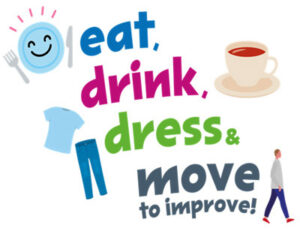Before you come to hospital, please check your admissions letter for the time you need to be there.
When you arrive, you will be provided with information about next steps, as well as about the team involved in your care.
Please let a member of the team know if you have any additional requirements, such as a disability, sight or hearing impairment, speech impairment, or any cultural needs.
All patients are given a wristband which you must wear at all times for staff to see, as it includes important information about you. Please tell a member of staff if you lose or damage your wristband.
Before your treatment starts, your doctor or consultant will come and see you to check how you are, and to discuss your treatment in more detail.
You may be asked to sign a consent form if your procedure requires anaesthetic (you ned to be put to sleep), or if there is any risk of side effects or complications. This is to confirm that you understand the information you have been given, and that you agree to proceed.
A family member or friend can come with you and be there while you are admitted. If you are a day patient and are having any sedation, we recommend that you arrange for someone to take you home.


